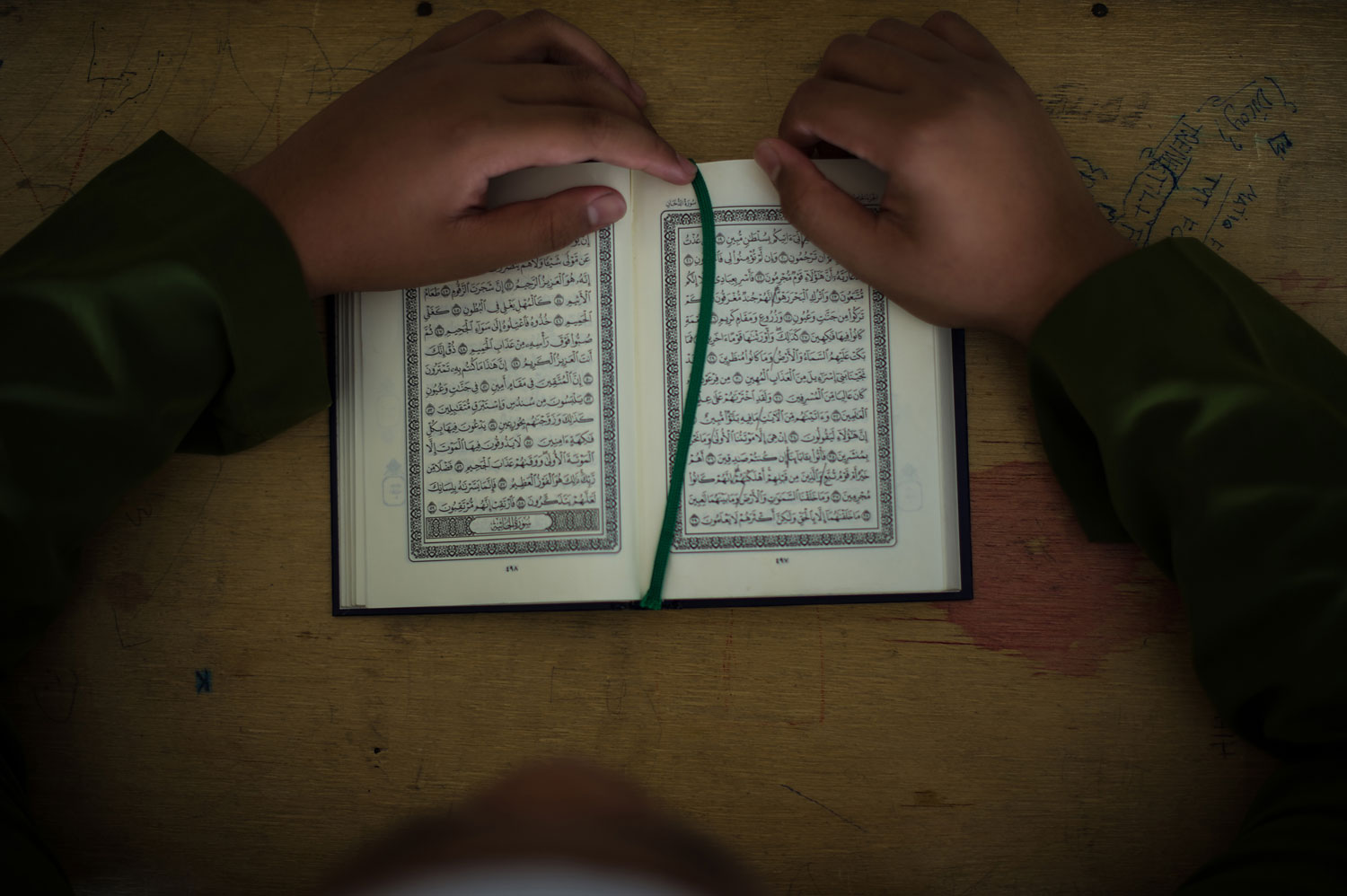
The holy month of Ramadan is a time of deep reflection for Muslims worldwide. Over the next 30 days, Imam Sohaib Sultan of Princeton University will offer contemplative pieces on contemporary issues drawing from the wisdoms of the Qur’an – the sacred scripture that Muslims revere as the words of God and God’s final revelation to humanity. The Qur’an is at the heart of Muslim faith, ethics, and civilization. These short pieces are meant to inspire thought and conversation. So, let the dialogue begin…
Day 1
What is Ramadan?
Ramadan is the ninth month of the Islamic lunar calendar. More significantly, it is the month in which Muslims believe the Qur’an descended from God to the lowest heavens in preparation for revelation, in stages, to Muhammad, the final prophet of Islam. So, the month is a celebration of the Qur’an which is experienced by believers as a source of guidance and criterion for human life.
To celebrate this source of eternal guidance, Muslims are prescribed to partake in a fast primarily from eating and drinking from sunrise to sunset every day of the month. The spiritual discipline is meant to train the human soul in deeper mindfulness and self-restraint. Fasting proves to us that we are, indeed, masters over our own passions and that we can reach for greater heights beyond our lower desires. The Prophet Muhammad taught his followers that God has no need for a person to fast from food and drink if they don’t fast from false speech and other greater sins. The spiritual sages of the Islamic tradition say that there is, in fact, a type of fasting that is required for every limb of the body from that which is unethical and immoral. These are teachings that are at the heart of Qur’anic spirituality.
The discipline is also meant to teach us the invaluable lesson of gratitude to God for the immeasurable blessings and favors with which we have been bestowed. Through deprivation there is a greater appreciation for what we have. And part of this is inculcating a very personal empathy for those who don’t have, as we experience similar pangs of hunger and thirst that are felt unwillingly by people all over the world, every day. As such, Ramadan is a month that encourages charity, kindness and social justice on behalf of the poor and needy in particular. In this way, fasting connects us to the social message of the Qur’an.
The Qur’an reminds believers that “fasting is prescribed for you as it was prescribed for those before you” (2:183). Some form of fasting is found in every spiritual tradition. And, therefore, fasting and the great lessons we learn from it are meant to bind us together as human beings. Ramadan is a perfect time to build bridges and reconciliation with friends, neighbors, classmates, and co-workers – regardless of religion.
Let’s break bread together often this month. Ramadan Mubarak!
More Must-Reads from TIME
- Cybersecurity Experts Are Sounding the Alarm on DOGE
- Meet the 2025 Women of the Year
- The Harsh Truth About Disability Inclusion
- Why Do More Young Adults Have Cancer?
- Colman Domingo Leads With Radical Love
- How to Get Better at Doing Things Alone
- Michelle Zauner Stares Down the Darkness
Write to Sohaib N. Sultan at ssultan@princeton.edu